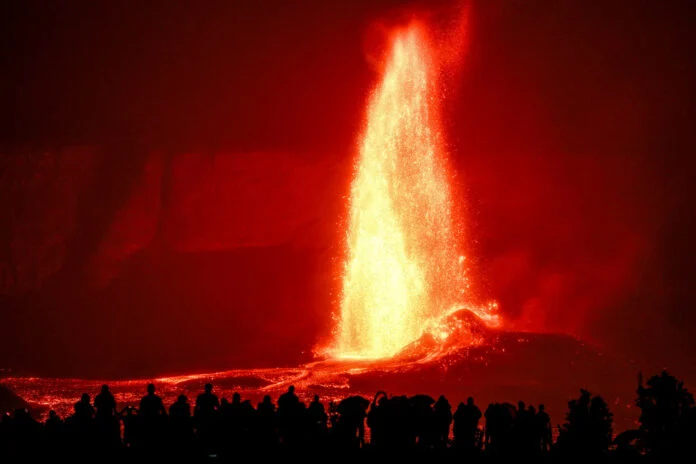Soap making is an ancient craft that has played a vital role in hygiene and religious practices throughout human history. Early civilizations developed rudimentary forms of soap using natural ingredients, refining the process over time to improve cleanliness, health, and ritual purity.
Origins of Soap Making
The earliest known evidence of soap production dates back to Mesopotamia around 2800 BCE. Babylonian clay tablets describe a mixture of water, alkali, and fats used for cleaning textiles and possibly for personal hygiene. The ancient Egyptians also created soap-like substances by combining animal and plant oils with alkaline salts, using them for both bathing and treating skin ailments.
Soap in Ancient Rome and Greece
The Greeks and Romans further advanced the practice of soap making. While the Greeks primarily cleansed themselves using olive oil and a scraping tool called a strigil, the Romans popularized the use of soap for personal hygiene. Roman writings mention sapo, a substance made from tallow and ashes, which was used for washing clothes and, later, for bathing. Public baths, an essential aspect of Roman life, relied on soap or similar cleansing agents to maintain sanitation.
Soap in Religious Rituals
Beyond hygiene, soap played a role in religious and spiritual ceremonies. Many ancient cultures associated cleanliness with purity, requiring ritual washing before prayers and sacred rites. In Mesopotamian temples, priests purified themselves with soap-like substances before performing ceremonies. Similarly, in ancient Jewish tradition, ritual purification with water and cleansing agents was essential for maintaining spiritual cleanliness.
Medieval and Later Developments
After the fall of the Roman Empire, soap-making techniques spread across Europe and the Islamic world. The Arabs refined the process by introducing vegetable oils, such as olive oil, leading to the creation of the high-quality soaps of Aleppo. By the Middle Ages, soap production became a specialized craft in cities like Marseille and Castile, paving the way for the modern soap industry.
Conclusion
From its origins in ancient Mesopotamia to its refinement in classical and medieval societies, soap has been an essential element of human hygiene and religious practices. The evolution of soap making reflects humanity’s continuous pursuit of cleanliness, health, and spiritual purity, a tradition that endures to this day.







